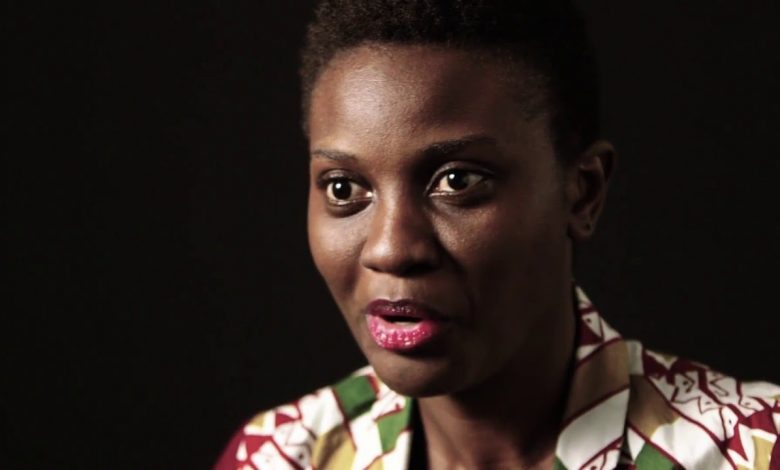Nigeria Ignoring Risks Unique To Women During COVID-19 Pandemic ㅡ Gender Advocate

Nigeria’s response to the COVID-19 pandemic has so far not taken into consideration the special needs and rights of women, a gender rights advocate, Olabukunola Williams, has said.
During a tweetchat hosted by HumAngle on Friday, Williams, who is the executive director of Education as a Vaccine, observed that the pandemic affects people indifferently based on their age, income, disability, and gender.
She explained that women and girls are at greater risk as a result of increased caring responsibilities, increased incidents of gender-based violence, lack of access to reproductive healthcare, disproportionate impacts of food insecurity, and exclusion from decision-making processes including at the level of the Presidential Task Force on COVID-19.
Williams pointed out that while many foreign governments are putting measures in place to address increasing rates of domestic violence, she has not seen such steps being taken either at the national or state level in Nigeria.
“In the list of essential services, gender-based violence (GBV) services are still not considered essential,” she said.
“This is my biggest concern in addition to the other safety and security risks all Nigerians face that also affect women while moving around including essential workers who were reportedly harassed during the lockdown and now during the curfews.”
She urged governments at all levels to take GBV-related issues seriously and put in place effective response mechanisms.
“More importantly, we need investments in GBV services such as real-time response by security agents, medical services, shelters and redress through the courts. We also need investment in GBV prevention programmes. We need to stop hiding behind the lack of consolidated data,” she said.
“Service providers are saying they are getting more cases, we should believe them and act accordingly while also adequately supporting them. As citizens, we must also be willing to help by knowing who to call in these situations and not just documenting. We have a duty of care!”
She commended the federal ministry of health for developing guidelines on the safe management of pregnancies and nursing mothers but said the information has to reach women and girls who are most in need of it.
“It needs to be accessible and available in urban and rural areas and different languages especially in the states with movement restrictions and curfews. We need to ensure women who are not visibly pregnant can access services, particularly during an emergency,” she recommended.
“We must be prepared and ensure security agents are well informed and do not harass women and girls who need to access sexual and reproductive health services including family planning.”
Williams said the national response to COVID-19 must be done within the framework of human rights, especially as it concerns women and girls.
“Countries like Kenya, South Africa and Ethiopia are responding. Courts in Ethiopia are including domestic violence cases among urgent cases. We must do the same,” she appealed.
“We are appreciative of police officers and other security officers who are willing to help but this needs to be understood by all law enforcement agencies. GBV services must be deemed essential and supported even during movement restrictions and curfews.”
She observed that women make up the majority of informal workers in Nigeria and that studies indicate, after previous health crises such as the Ebola outbreak, men’s incomes recovered more quickly.
“Economic stability and stimulus measures put in place must be gender-sensitive and responsive,” she recommended.
“If the government does not have the information they need, they can carry a rapid gender assessment of the economic impacts of COVID-19 to ensure women and girls are not left out.”
The government, she added, should provide support targeted at women in the informal sector to lessen the adverse effects of their loss of livelihood and also ensure relief materials get to aged women, those with disabilities, and women living with HIV.
“And for those of us who are contributing to the response either as civil society organisations, donors, or engaged citizens, please be gender-responsive with your plans and programmes. It will take all of us to make a difference,” she concluded.
Support Our Journalism
There are millions of ordinary people affected by conflict in Africa whose stories are missing in the mainstream media. HumAngle is determined to tell those challenging and under-reported stories, hoping that the people impacted by these conflicts will find the safety and security they deserve.
To ensure that we continue to provide public service coverage, we have a small favour to ask you. We want you to be part of our journalistic endeavour by contributing a token to us.
Your donation will further promote a robust, free, and independent media.
Donate HereStay Closer To The Stories That Matter




